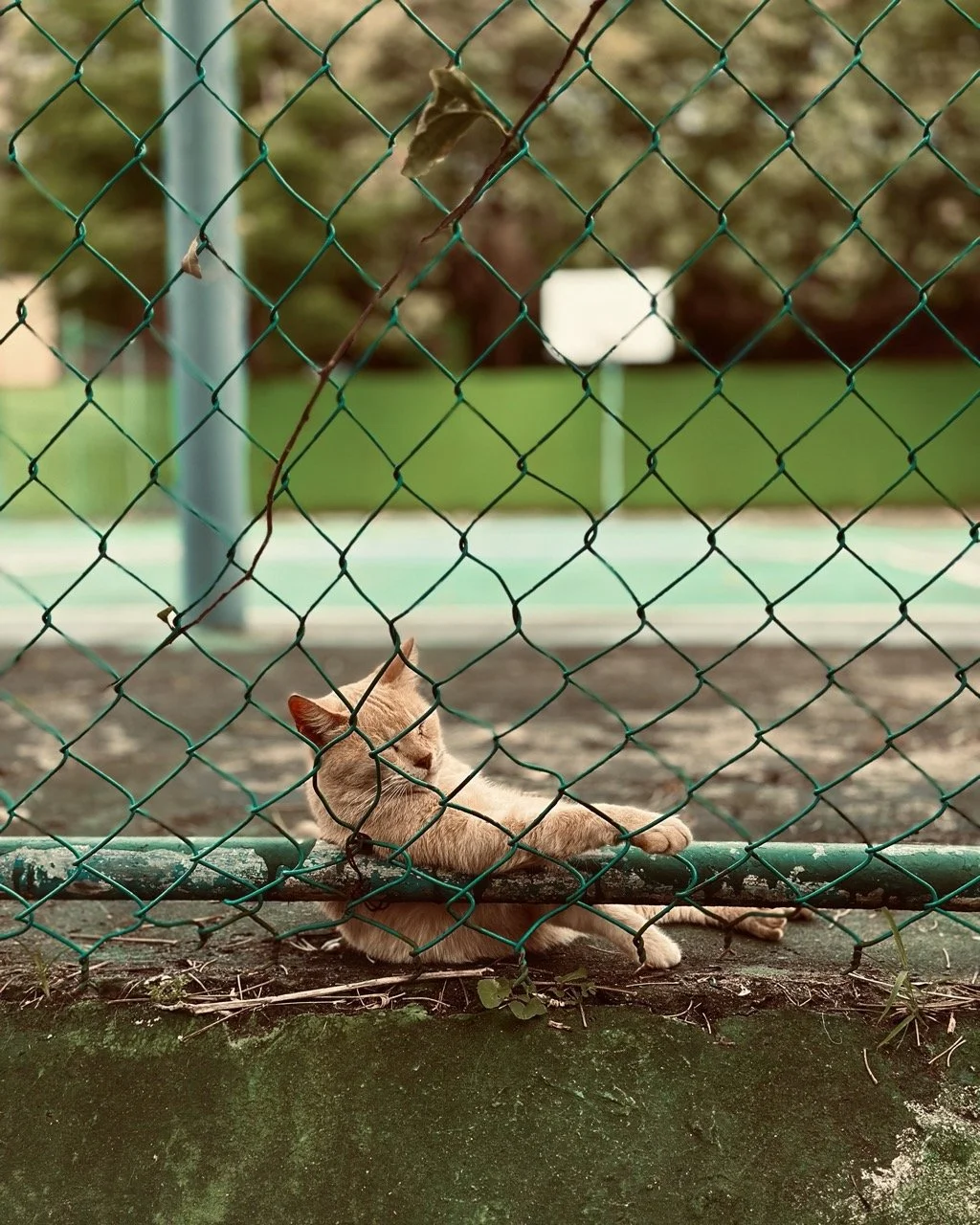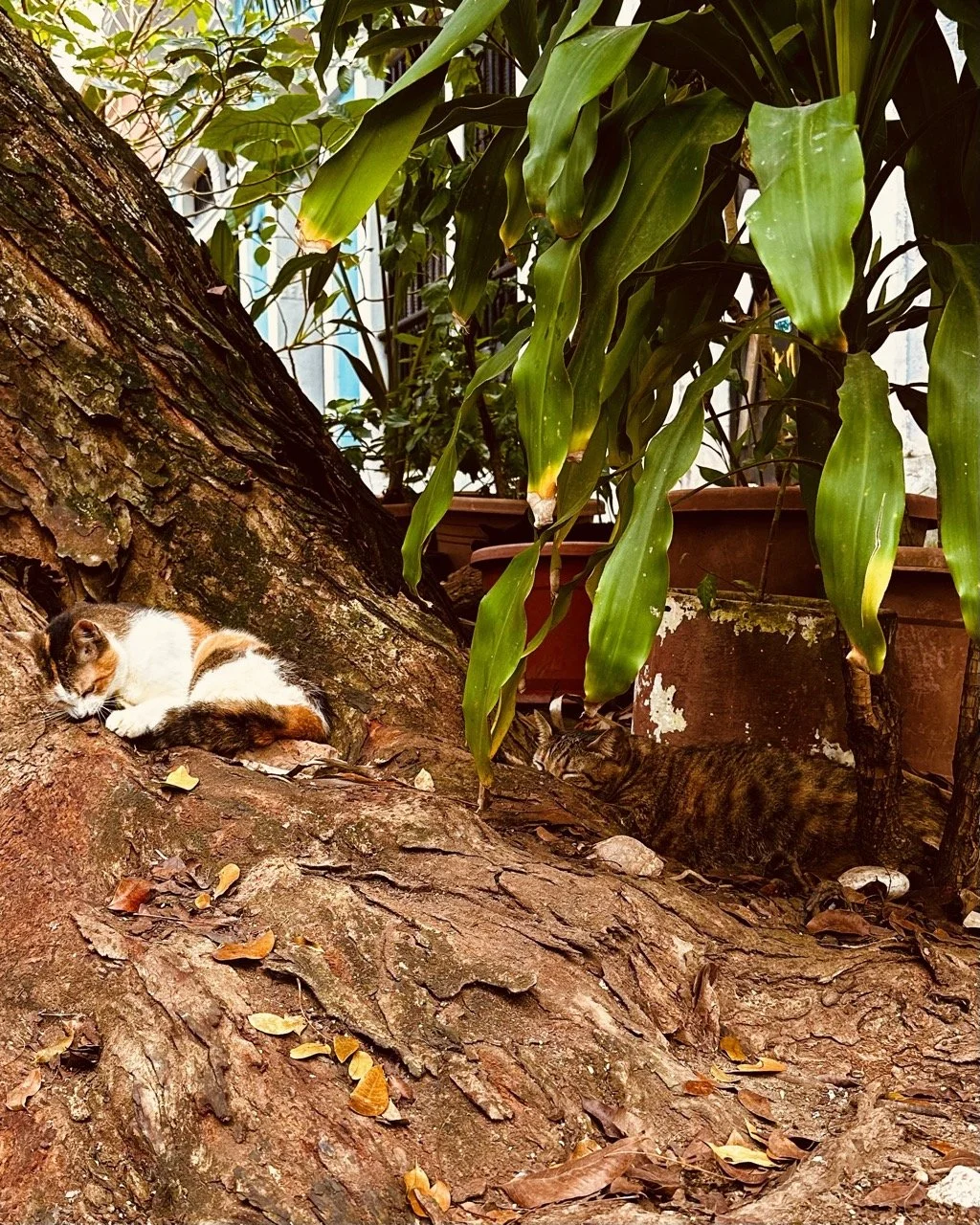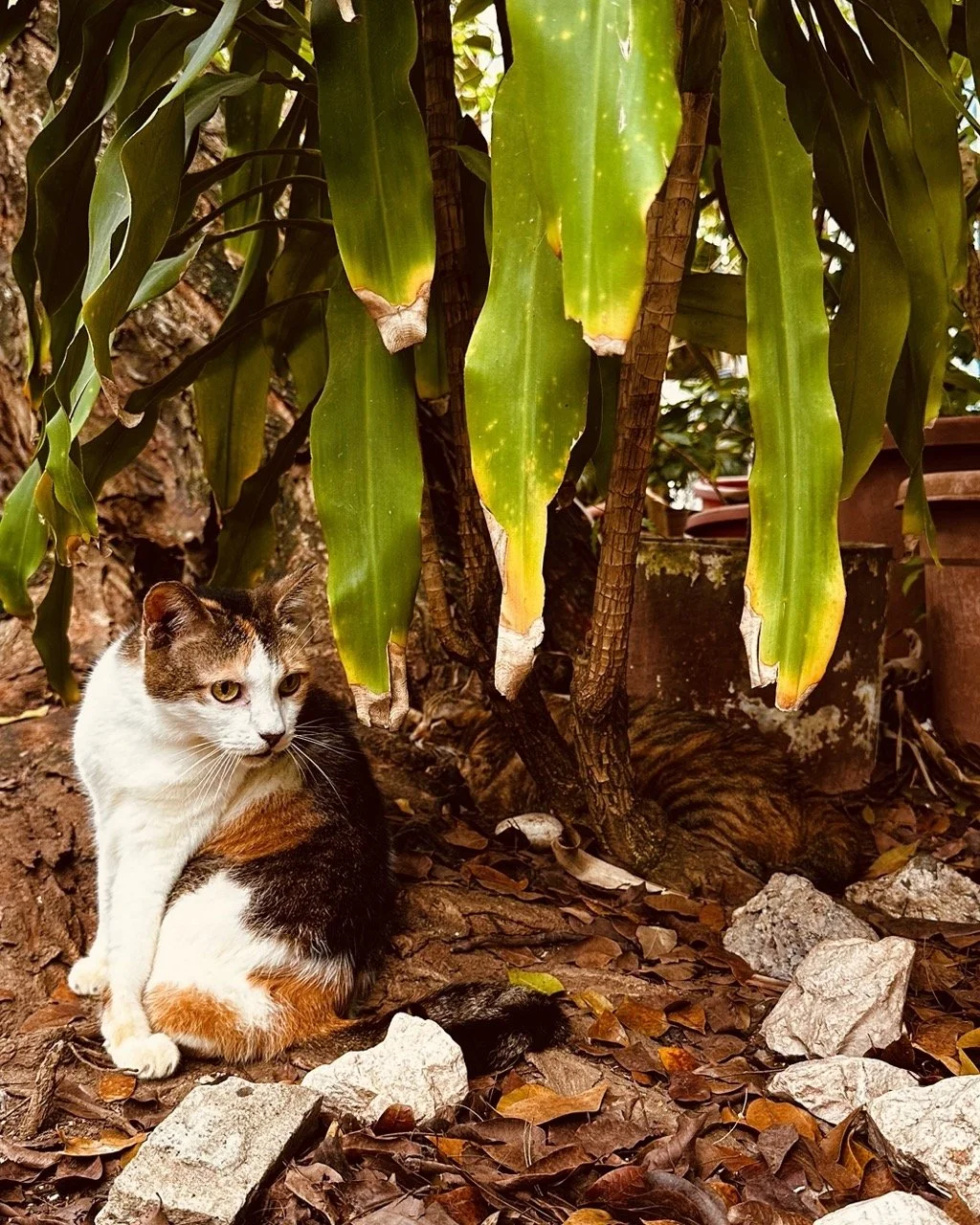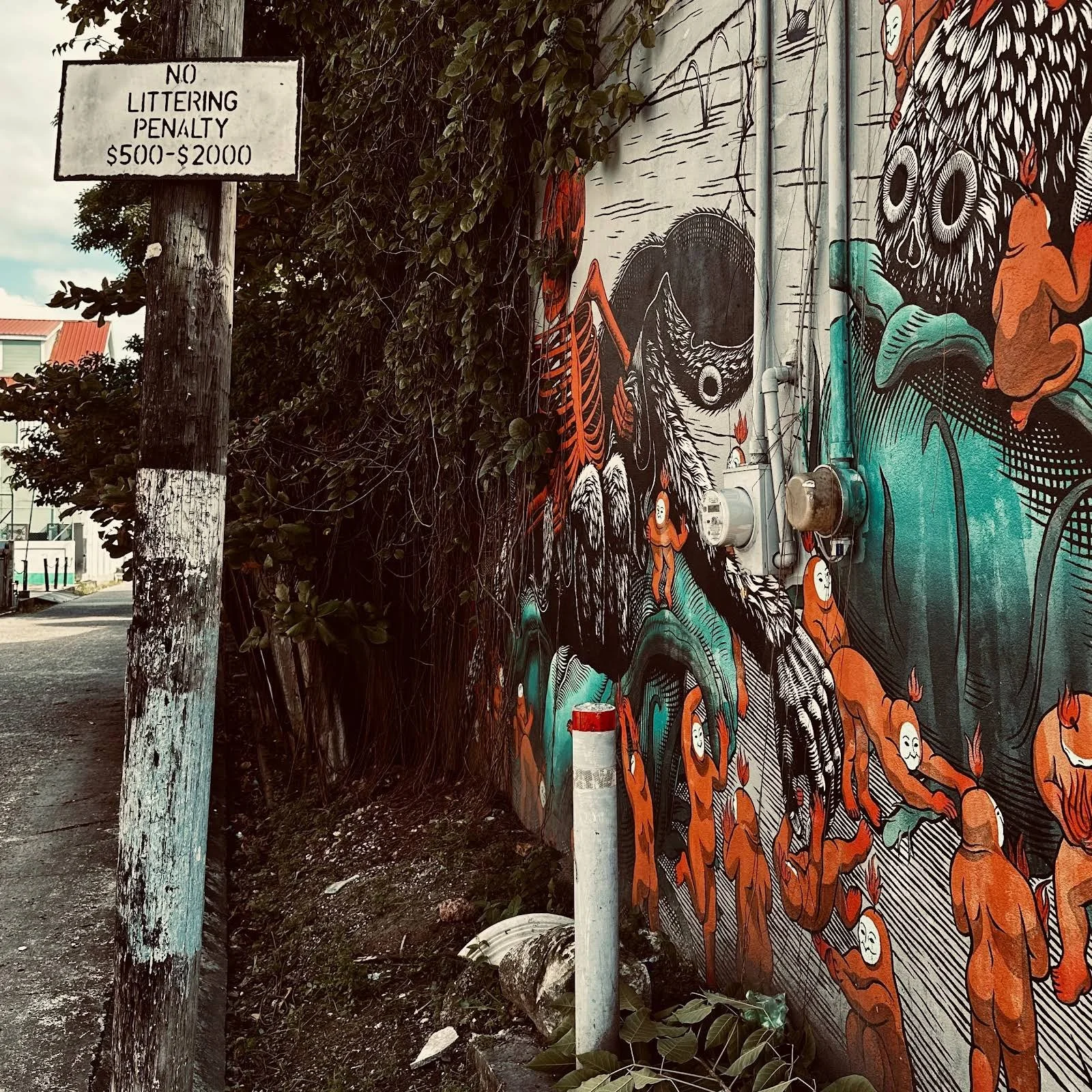A Left or a Right in San Juan, Puerto Rico
The last time I was in San Juan, Puerto Rico, I was quickly faced with a decision once I departed the dock where the cruise vessel resided.
It was the most fundamental of decision: left or right.
Binary: Male and Female, Masculine and Feminine, Open and Close, One and Zero, Day and Night, Good and Evil, Life and Death, Rich and Poor, Black and White, Light and Darkness, True or False, Yes or No, Liberal or Conservative, Success or Failure, Literal or Figurative, Silence or Noise, Nature or Nurture—Right or Wrong.
As happenstance would have it, I chose right, but it was the wrong way (in so far as for what I was looking for)—or perhaps that isn’t one hundred percent accurate either. It is a matter of perspective.
You see, I chose to head right, but that decision took me far away from the popular tourist attractions of old San Juan, with its 16th-century Spanish colonial, Baroque, Neoclassical, and Art Deco styles.
I walked for miles and miles, reaching for the previous mentioned—but instead, I found another portion of San Juan that is beautiful in its own way, and authentic. The less traveled path with old dilapidated grand parks outlined by rusted black metallic gates.
Gas stations advertising gas for 77 cents. Why? Because gas is sold by the liter and not the gallon, in Puerto Rico. Happenstance: I chose to walk in the direction that taught me this fact.
I walked by Government buildings witnessing the largest Iguanas I have ever seen in my life, languidly sun bathing on the grass of the Capitolio de Puerto Rico.
Sometimes the wrong way is the right way, and sometimes heading that direction only leaves left, to be left and remaining, on a narrow stretch of island made available by foot.
I eventually became bored of what the right had to offer me, and doubled back, down this narrow stretch of island, on the opposite ocean side. In hindsight, I was thankful I did all of this, as it is hard to say if I ever would have headed right, down that stretch of road, had I known what I would find to the left, back at my initial crossroads.
The year is now 2026. Our world is on the verge of growing outside our binary view points. What do I mean?
Although we may appear to be binary creatures, we are not. We are quantum. We exist within a quantum realm.
We are creating computational devices that work on the identical notion of reality: quantum computers. They are the most powerful device known to man, and occupy a large room, just as did their forbearers before them: binary computers utilizing vacuum tubes, lining the walls of a room in 1946, taking up 1,800 square feet, with 18,000 vacuum tubes. It was called ENIAC. The smartphone in your hand is 1 Million to 100 Million Times more powerful than this Turing computer.
That was 1946. Binary.
We are 2026. Quantum Computers now take up a room.
They do not function on Bites: ones and zeros, or open and close. A quantum computers functions on Qubits (Quantum Bit), and a Qubit functions as a particle, a constituent part and building block of the Universe.
You may be asking, why do I bring up Qubits? Because there are parallels to society and technology. Don’t believe me? let me point one out to you.
Transgender Non-Binary Identification and a Qubit, for example.
A Qubit functions as a particle. It is an electron or photon or atom that is being repurposed for the construct of data, by being manipulated into a superposition, like a particle. A superposition means that this manipulated quantum state does not have a definitive state. It is a one or a zero or both or a fraction of one and a fraction of zero, utilizing properties like spin or polarization to exist in a superposition of states.
We are no longer making calculations in binary.
Some folks no longer identify as being purely male or female, which already, is a superposition of chemical reactions in the body.
To be brief: more testosterone than estrogen makes one male, by extension of the chromosome (Genotype) of the child during fetal development: (XY) further subcategorized by the SRY region of the Y chromosome, leading to the development of testicles, which are one of several endocrine glands, that secrete testosterone.
More estrogen than testosterone makes one female, by extension of chromosome (Genotype) of the child during fetal development: (XX) further subcategorized by the absence of the SRY region in Y chromosome.
A lot of science jargon, but essentially, we are creatures driven by chemical reactions: whether this be our mood or are pension for war. These chemicals are constantly in flux within our bodies.
There are people who identify as neither male nor female. There are people who possess both genitalia and live a very confused life of self-discovery, few of us shall ever truly experience, who were given just one genitalia.
Reality is not created within the realm of binary. It is created within the realm of quantum. There are all types, not just two.
And so, when I was faced with that decision of heading left or heading right, that wasn’t where my story ended. That was just the first choice of many, and that’s what life is.
Life is choices, not one choice, from one or another.
For example, we can choose to head right at a crossroads, and then decide it was the wrong direction, and then choose to be grumpy or happy with that decision, and then choose to see the details (or ignore the details) that show us that the initial impression of our initial decision made, was incorrect to begin with (or correct), and that perhaps, we might have made the correct or incorrect decision all along.
Regardless, we are the observer, as much as we are the writer of our own lives, and that leaves us all with the most powerful of computation: free will.
We can also choose to feel that life is deterministic, and that you were meant to go a certain direction, however, isn’t it ironic that this deterministic viewpoint, still exists in a realm where you make the decision to head left or heading right, or do both. I did both, eventually, that day—and I’m happy that I did.
Perhaps, as the comedian Bill Hicks put it: “Life is a dream, and we are the imagination of ourselves,” and imagination is the crucial cognitive gateway to choices:
Like a cat, mid-dream, resting on a chain-link fence, in the sun of San Juan, Puerto Rico.
WHO IS MIKE VITALE?
I am a storyteller, songwriter, singer, music producer, traveling musician, Jungian dream analyst, all-around curious fellow (Spiritual, Mathematical Historical, Scientific), Taoist, and much much more, based out of Los Angeles, California. I’m constantly releasing new music, in all sorts of different genres. You can listen to me below, on Spotify:































